Severely mentally ill in remote Australia have no access to services
Indigenous people in remote communities suffer some of the most complex mental health problems yet have an almost complete lack of access to psychiatric and psychology services.
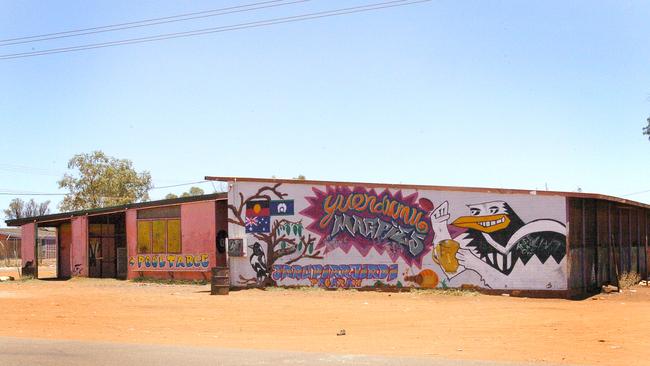
Indigenous people in remote communities suffer some of the most complex mental health problems in the country yet experience an almost complete lack of access to psychiatric and psychology services outside of hospitals; young people have no access whatsoever to public psychiatry in the community across the entire Northern Territory.
Marcus Tabart, staff psychiatrist at Alice Springs Hospital and Clinical Lead at the Mark Sheldon Remote Mental Health Team, said there was an enormous tide of unmet need in healthcare, housing and social services in central Australia and Top End communities, with youth mental health services the most critically under-resourced, including in juvenile detention centres.
“If young people have threatened self-harm, they come to the emergency department and will be seen by our crisis team; depending on the level of acuity, they’ll be referred to our child and youth team,” Dr Tabart said.
“But they’re not resourced for inreach to the prison or juvenile detention. We’re not even resourced to provide care outside of Alice Springs.”
In Darwin, there is no specialist child and adolescent mental health remote outreach service, for either adults or children.
“I think they’ve just taken a systems position that if we’re not resourced to look after Darwin, how can we provide a safe, effective service for outside of Darwin? Down here, we’ve been a little bit more flexible in trying to provide services, but it essentially means the same thing – in reality, there isn’t an effective outreach service for anyone under the age of 18,” Dr Tabart said.
“We have had a number of adolescents over the years who have presented with psychotic illness. We basically cobble something together to try to support these young people and families, together with primary health services, to look after them. But it’s not ideal. It’s a recipe for moral distress in service staff, let alone the impact on the person’s care.”
Psychiatrists have described the management of severe mental health conditions in remote communities as service provision that consists of planes periodically flying in to remote airstrips and delivering mass injections of depot antipsychotic medication to a sizeable proportion of the entire community, with no time or resources for patient consultation or counselling. A depot injection means the antipsychotic medication given is slowly released into the body over several weeks.
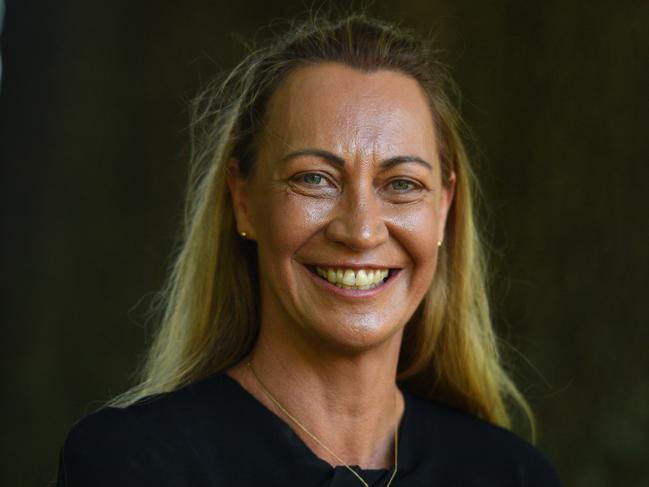
Australia’s first comprehensive dataset on Aboriginal youth mental health and suicide behaviours has found that of 1226 Indigenous young people who presented to mental health services nationwide between 2007 and 2022, a quarter had attempted suicide at least once while 42 per cent had thoughts of suicide.
The research by Nyamal woman and psychologist Tracy Westerman under her charity, The Westerman Jilya Institute for Indigenous Mental Health, used Australia’s first clinically and culturally informed screening tool.
Jilya has established a national network of Aboriginal psychologists and is beginning to employ them with the hopes of starting the first National Indigenous Psychology Treatment Centre.
“If you geo-map where the risk is in this country, you’ll find that Alice Springs would light up like a Christmas tree, Cherbourg would light up, Walgett would light up,” Dr Westerman said.
“The ‘problem’ is very solvable because certain communities carry most of the risk burden. The government neglect in funding services on the complex treatment side into these high-risk regions is outrageous and we have taken on that critical role without any government support.
“Everywhere I go, the ‘treatment of choice’ in remote communities is basically administering depot. The medicalisation of mental health issues essentially means people are not being provided with evidence-based treatments of best practice, which are complex therapies.”
Despite incredible achievements that have addressed many significant government failures, Dr Westerman and the Jilya Institute have never been supported by government funding.
Dr Westerman has personally funded the critical data base, screening tools and scholarship program and Jilya is supported by public donations. It just received operational funding from the Paul Ramsay Foundation.
Mental health: Cast Adrift
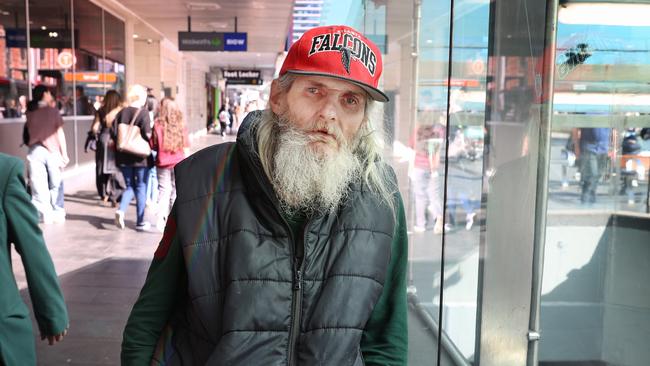
Home truths: jails overflow as mentally ill live on the streets
Since the closure of mental asylums, the ranks of prisoners and the homeless have swelled with the severely mentally ill.
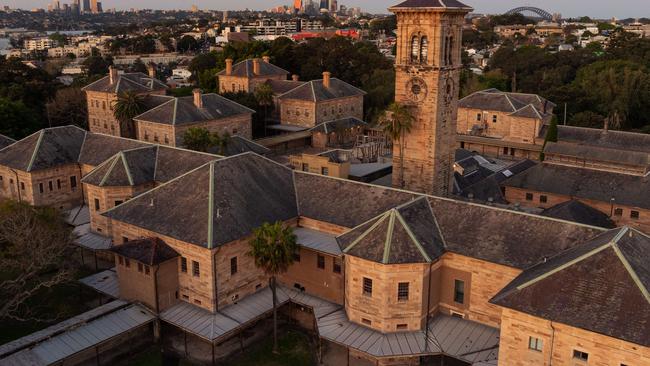
‘Nowhere to go’: supported housing could ease the burden of mental illness
Investments in housing for those with severe mental illness would reap enormous gains and savings for the nation.
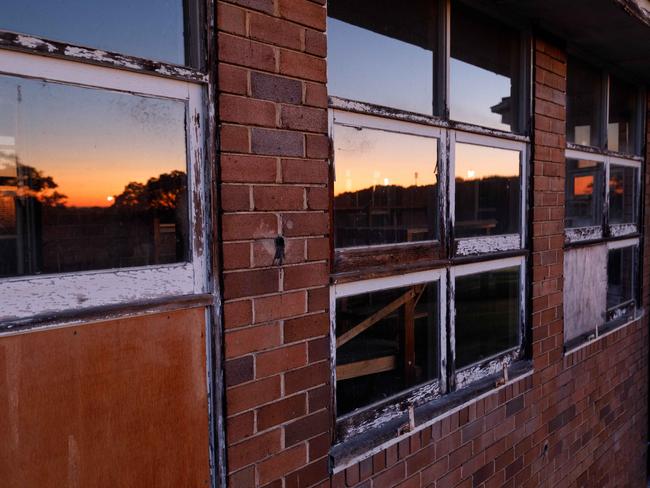
Shocking plight of mentally ill ‘a stain on nation’
Health Minister Mark Butler describes the atrocious health outcomes, social exclusion and widespread homelessness as ‘a shocking reflection on our community’. The situation is revealed in a report by The Australian and Australian National University.
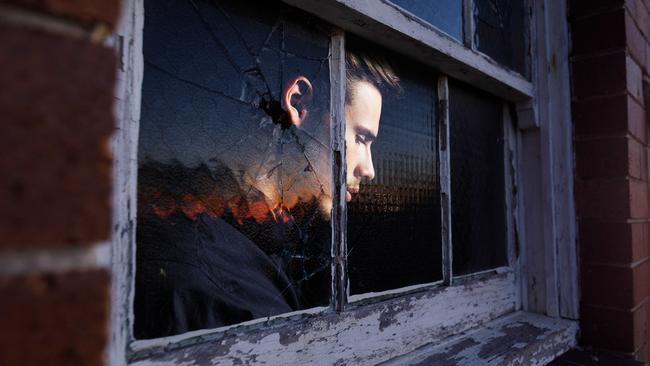
The clearing out of asylums was meant to provide hope. Instead it spawned an underclass
The severely mentally ill were promised a better future after asylums were mothballed. The promises were hollow.
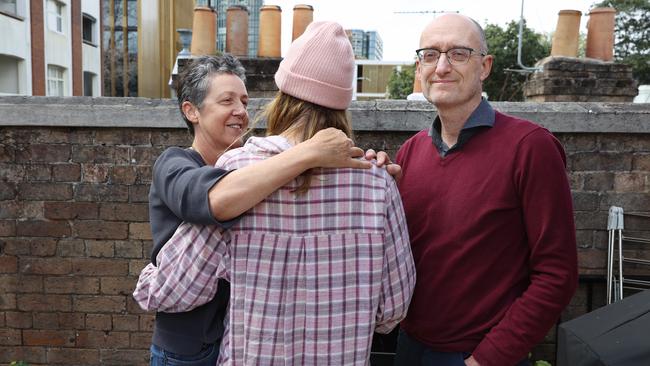
‘My nightmare of trauma and terror’
I am a 29-year-old woman living with treatment-resistant schizophrenia. I spent most of my younger years in and out of the public mental health system. This is my story.
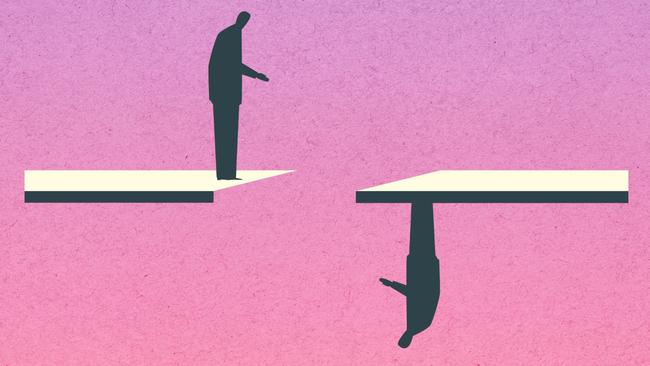
Shocking life expectancy gap has not shifted in a century
The huge gap in life expectancy between those with severe mental illness and the rest of the population is growing in Australia, with no improvement in sight.
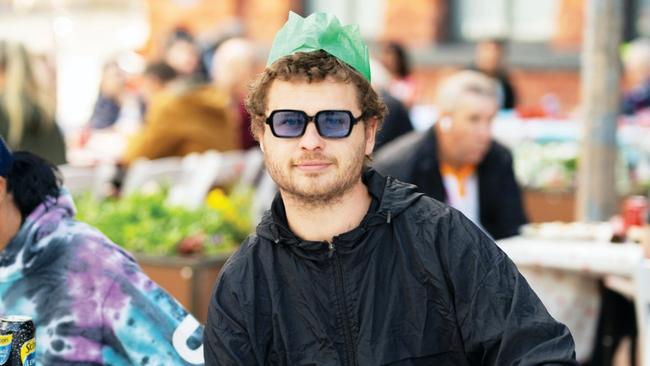
‘As a father I’m heartbroken, as a taxpayer I’m appalled’
Patrick Leunig went to a top private school and was set to study law. Then his life spiralled downwards. His grief-stricken father tells of how our system failed his son.
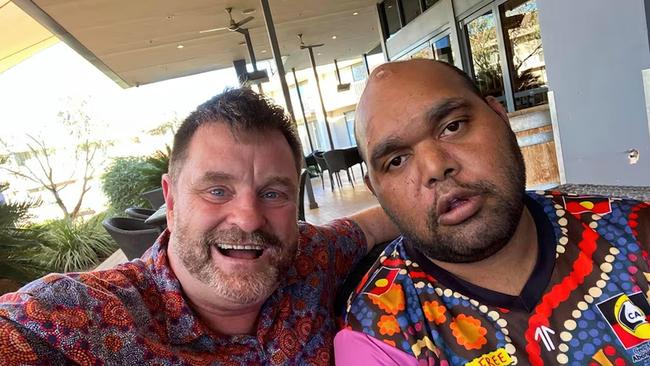
Freedom fight: Locked up and invisible in the heart of Australia
A young Aboriginal man’s escape from hell charts a community win for one of the many cognitively impaired and mentally troubled First Nations offenders who languish in our prison system.
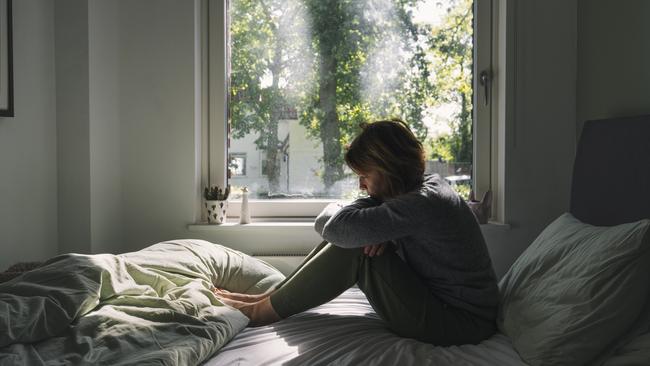
Australia has a chance to fix its mental health system. Will we take it?
Australia’s broken mental health system has failed hundreds of thousands of people with severe illness with ineffective care – and that’s if they can access any at all. But one initiative may shift the dial.
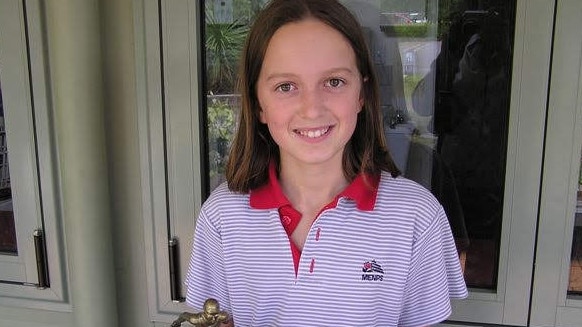
‘The mental health ward became my prison cell’: a patient’s plea for change
Billie spent more than 1000 days in hospital before she turned 18. Damaged but determined, she is now speaking out for mental health reform.
Medicare Benefits Schedule data examined by The Australian shows only three patients per 1000 head of population in the NT outback make claims on Medicare for the main psychiatry consultation item number, compared with 18 patients per 1000 head for the same MBS number in the ACT and most areas of Sydney.
The lack of service provision is despite the fact Indigenous Australians suffer schizophrenia at a rate six times higher than non-Indigenous Australians.
A report by the Australian National University in conjunction with The Australian, to be published on Thursday entitled “Don’t Walk By: Unmet Need in Severe Chronic Mental Health Conditions”, reveals “a very concerning picture of Indigenous overrepresentation in psychiatric morbidity”. It finds that in the decade between 2009 and 2019, there was a 52 per cent increase in the hospitalisation rate for Indigenous Australians from mental health-related conditions.
A critical lack of healthcare is resulting in mass incarceration of Aboriginal people in the NT, where those who face court on mostly petty charges but are unfit to plead are routinely ending up in prison cells because of government neglect in providing forensic healthcare facilities.
Some of these patients are stuck in prison indefinitely, yet there is no data on how many are in this situation in which the time they spend in prison is often much longer than had they been convicted of serious crimes.
Lifeline: 13 11 14, lifeline.org.au; SANE Support line and Forums: 1800 187 263, saneforums.org; Headspace: 1800 650 890, headspace.org.au; Beyond Blue: 1300 224 636, beyondblue.org.au


To join the conversation, please log in. Don't have an account? Register
Join the conversation, you are commenting as Logout